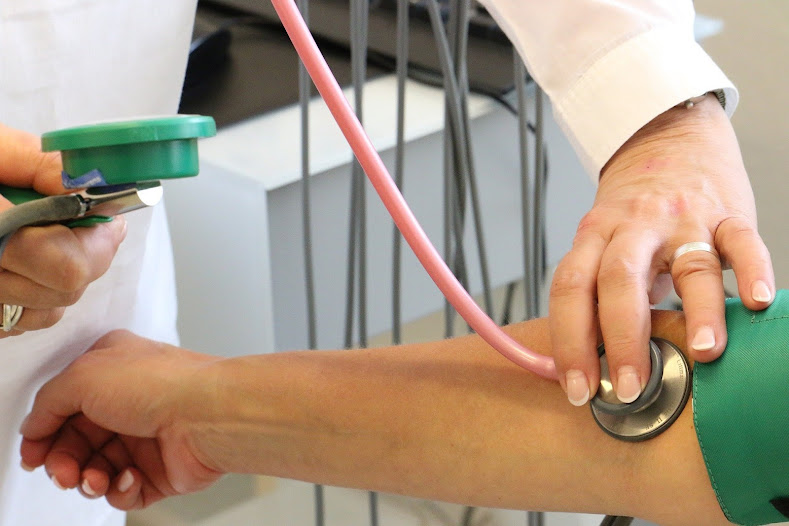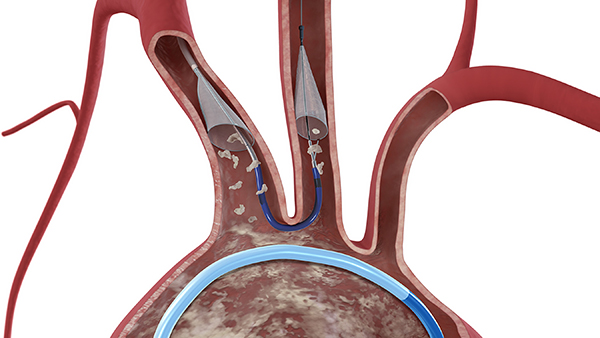Can a Heart Bypass Surgery Lead to Brain Damage?
According to a detailed analysis, it has been reported that
a huge number of patients suffer brain damage after heart bypass operations, as
after-effects of the cardiac procedure which is now routine though. The
procedure poses a serious threat to the brain as the outcome may be several
brain issues like short-term memory, low attention span, compromised retention
ability and even permanent brain damage. Whatever be the intensity of the risk,
many patients have reported to have developed serious brain complications
within a month if the procedure.
Serious Implications
of Cardiac Procedures on Brain
Apart from what damage do the cardiac machines like
mechanical pump system, heart-lung machines and piping machines cause to the
blood cells, the entry of single clot, bubble or debris released during the
process, into the brain system is good enough to cause a stroke. So, while the
procedure ensures the heart to safety, the brain may be dragged to an unsafe
zone.
The doctors tackle this problem by performing the patient’s
brain scans before and after the heart bypass surgery. As performing a study published
in the July 2002 issue of The Archives of Neurology, the researchers found that
after performing pre and post-surgery scans, the blood flow had decreased in several
areas of the brain in many patients.
The scans also revealed changes in how the brain reacted to
certain compounds, which indicates cell damage. Patients who had these changes
initially scored lower in their thinking tests, but their brain function
returned to normal levels within 10-14 days after the surgery.
Brain at Risk During
Hear Procedures – Research Findings
Researchers say that the inflammation must have happened in
the brain due to surgery which must have effected the brain function. The
intervention of machines like heart and lung machine, also leads to formation
of air bubbles which may enter the brain system, impact it and even cause
damage to it. Also the powerful anesthetic medication may lead to disturbed
brain function.
Further research studies have made it very clear that heart
procedures like the bypass surgery pose enough stress and risk to the brain and
nervous system. The risks may range from inflammation at many places in the
system, to lack of oxygen, abnormal body temperature, slowdown of brain
function and even brain damage and stroke.
Precautionary Methods
Implemented During Cardiac Procedures to Avoid Brain Damage/Stroke
To counter this problem, cerebral embolic protection devices (CEPD) are used during
cardiac surgeries. These devices for
brain protection are fixed in the system, right before the surgery to avoid
any risk to the brain during the surgery. They filter the blood and trap the
clot or debris, prevent them from entering the nervous system and causing harm
to the brain in any way.







Comments
Post a Comment